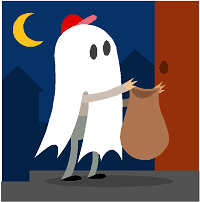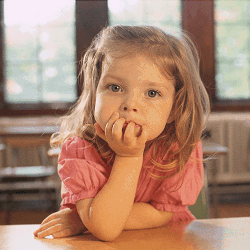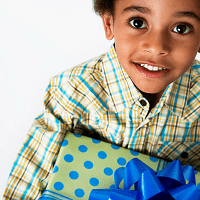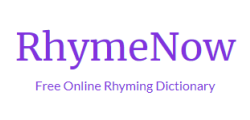The holidays are almost upon us, and of course, our thoughts turn to gifts and giving, and giving thanks. For most kids, it’s all about what they’ll be getting under the tree, and not often about what they can give to others. And yet, ask any parent what the most precious gift they ever received from a child was, and they’ll remember a handmade card, a drawing, a letter, or a poem. This season gives you a wonderful opportunity to use poetry to help children create a lasting, memorable gift for the people that they love. I’d like to give you a few pointers for poetry projects that translate well into family gifts.
Tag: literacy
Thrills, Chills, and Laughs in the Classroom

Of all the holidays that we celebrate each year, Halloween is the one with the greatest potential for sparking the imagination. Kids (and let’s be honest, quite a few adults, too) are thinking about the costume they’ll wear, long before the actual night. And it’s easy to get everyone excited about making fun decorations for the classroom and elsewhere.
Witches, goblins, superheroes, and cartoon characters meet Jack o’Lanterns, fangs, and zombies in a festival of the unreal and the fantastic. (Not to mention all the free candy!) It’s the perfect opportunity to round up some of that bubbling excitement, and turn it into poetic fun! Here are a few ideas for the Scary Season, activities that are easily adaptable for most age-groups.
Left Brain, Right Brain, and the Power of Poetry

It’s unfortunate but true, and probably due to our tech-driven, scientifically orientated world, that when I tell people I write poetry for a living, I’m likely to hear the question, “But what’s it for? What does it do?” And that’s a puzzler when it comes to literature and poetry. To those of us who love it, it’s perfectly obvious what it’s “for.”
But just in case you’re asked that question about poetry any time soon, and you want to have something to say without spluttering in indignation, I thought I’d throw together a few little-know facts about the effect poetry has on children’s brains (and ours, for that matter).






